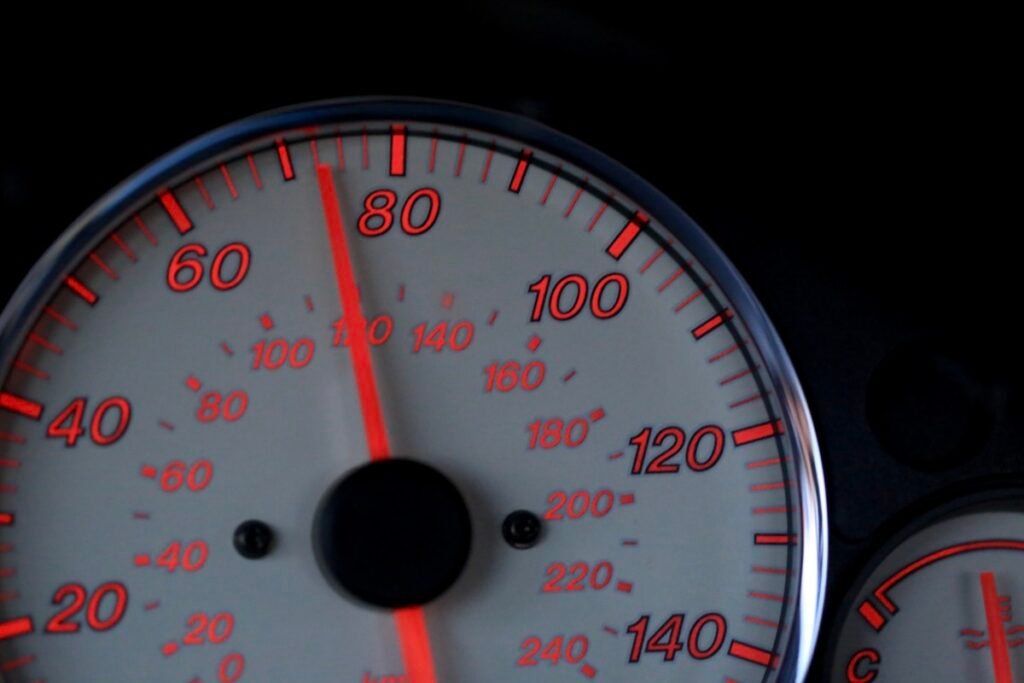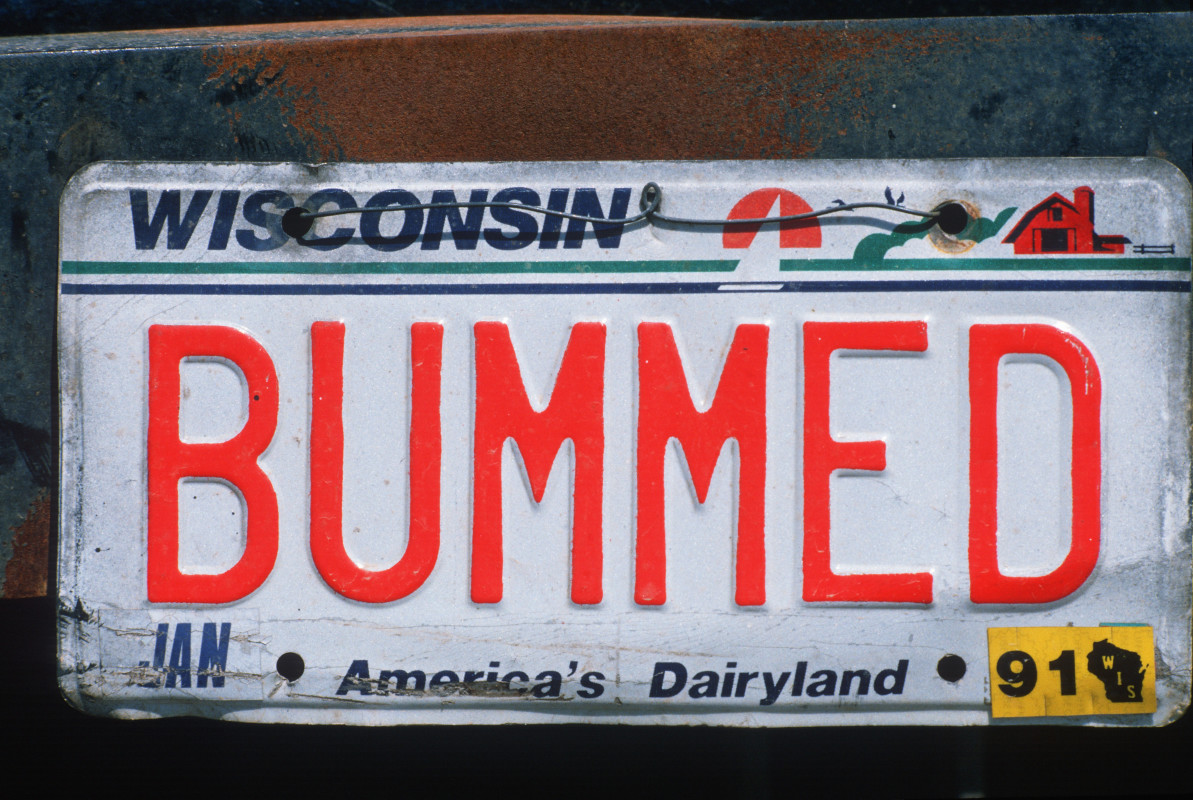
Key details of Wisconsin’s proposed speed-limiting legislation
Wisconsin lawmakers have proposed legislation that would force repeat reckless driving offenders to install speed-limiting devices in their vehicles. The technology would prevent drivers from exceeding 20 mph over a given speed limit. If enacted into law, speed-limiting devices in Wisconsin would cost a driver about $1,700 annually in installation and maintenance. The technology is labeled as a “speed assistance” device and analyzes local speed limits using GPS. Those with two or more reckless driving violations in the past five years would qualify for the device and must use it for at least 1 year. The bill notes that failing to install or remove speed assistance devices could result in a maximum fine of $600 and up to six months in jail.
A LendingTree study found that Wisconsin had the fifth-highest rate of speeding-related incidents in the country in 2024, at 5.9 incidents per 1,000 drivers. Additionally, the state’s largest city, Milwaukee, has witnessed an 86% increase in traffic injuries since 2012, with 74 fatalities last year, Wisconsin Public Radio reports.
Arguments for and against Wisconsin speed assistance technology
While Wisconsin’s proposed law notes that failing to install or removing speed assistance devices could result in jail time, the technology is viewed by some as a way to remove reckless driving from the road without an immediate jail sentence. In turn, the state hopes to lower crash, injury, and fatality rates. The legislation targets speeders seeking road thrills, and proponents say it is a proper response to drivers who put others in harm’s way. “Anybody that gets in the car with them — whether it be a date or for the carpool — they’re all going to see this [speed limiter device] and then word spreads that there is a real consequence for speeders,” said Wisconsin State Senator Chris Larson, according to Wisconsin Public Radio.
However, opponents have expressed concerns that include an unfair impact on lower-income drivers and the creation of a surveillance-like state. Milwaukee, Wisconsin resident, Mariah Johnson — whose brother, Jerrold Wellinger, passed away as a result of a reckless driving crash — has publicly spread awareness of the issue, but told the state’s public radio that there are some emergencies where people with speed limiters may need to travel faster. Jeff Fleming, spokesperson for Milwaukee Mayor Cavalier Johnson, has negatively characterized the proposed law as reactive and as occurring only after damage is done. Alternatively, Fleming wants Wisconsin lawmakers to prioritize a bill placing a maximum of 75 red light and speed cameras in Milwaukee.
Final thoughts
Logistical concerns surround Wisconsin’s pending speed assistance bill, including, but not limited to, the necessity to exceed the speed limit in select emergencies, how law enforcement will monitor device operation, and whether lower-income drivers will be disproportionately affected. However, some of these issues are already being addressed, with Wisconsin Senator Chris Larson noting: “For neighbors who are under 150% of poverty, the court can accommodate their needs,” Fox reports. Remaining logistical problems will need to be hashed out, but if the bill doesn’t pass, Wisconsin is considering other legislation, such as the red light and speed camera expansion in Milwaukee supported by the city’s mayor. In April, Virginia was the first state to pass a speed assistance device program this year, which takes effect in July 2026.




